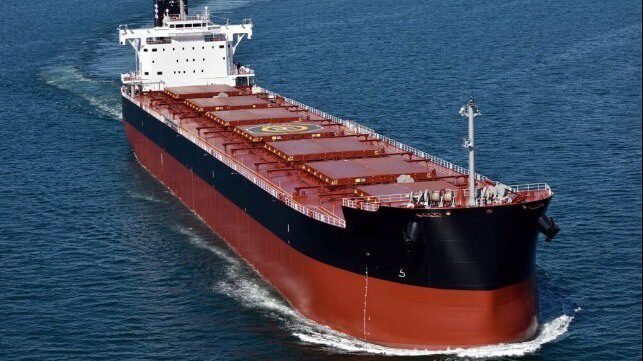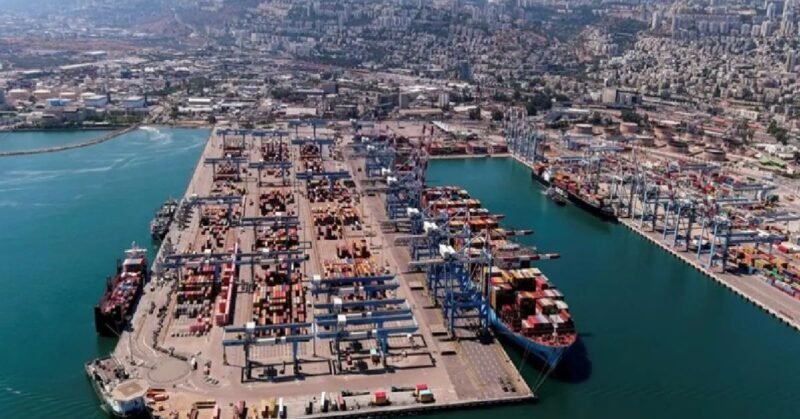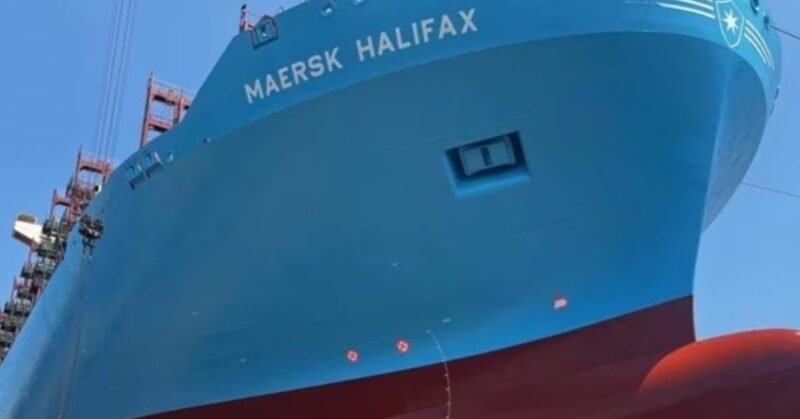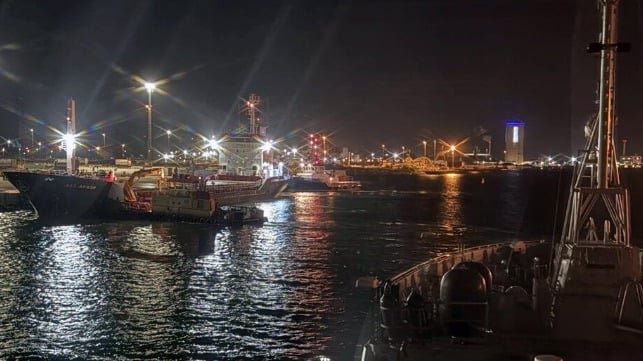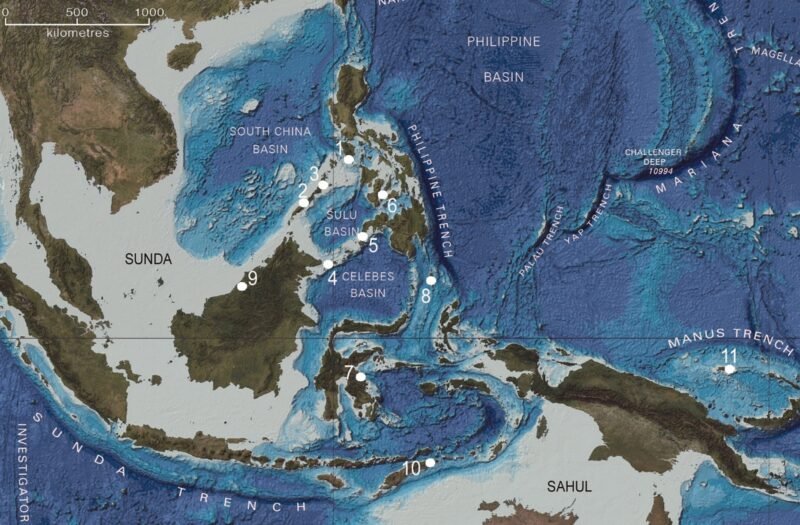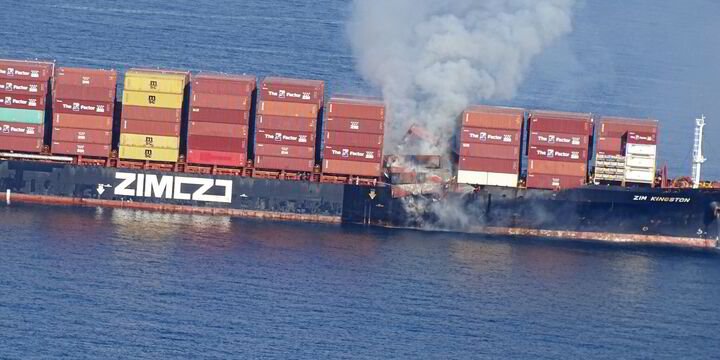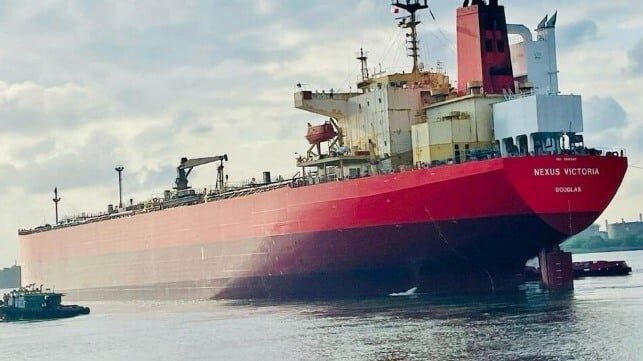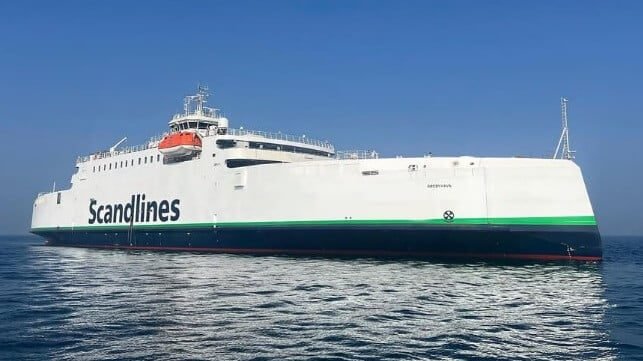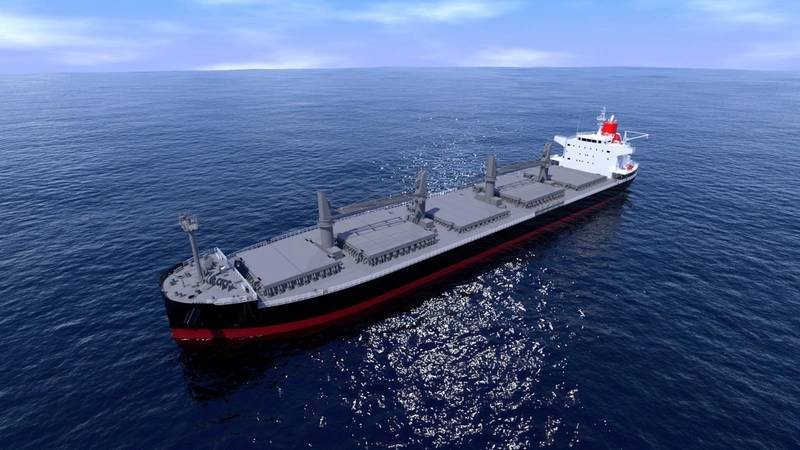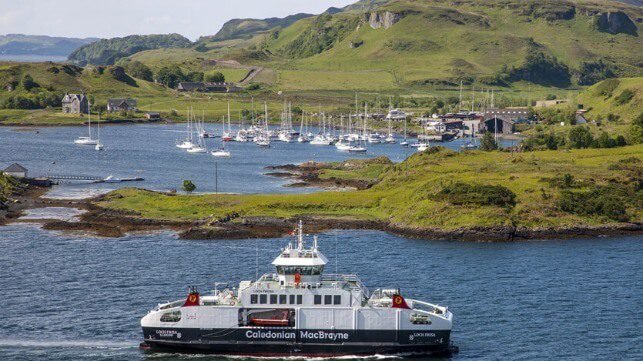A recent project led by the Maersk Mc-Kinney Møller Center for Zero Carbon Shipping focused on converting Kamsarmax bulk carriers to dual-fuel methanol operations. This project, involving industry leaders, aimed to assess the feasibility of retrofitting fuel oil-powered vessels to run on methanol. The Approval in Principle granted by Japan’s ClassNK signifies a significant step towards decarbonization in the maritime industry. The project sheds light on the challenges and opportunities of retrofitting bulk carriers and highlights the potential for low-emission solutions across the industry.
The Kamsarmax bulk carriers, a substantial part of the global fleet, were the focus of the retrofit project. The collaboration between the Center, Tsuneishi Shipbuilding, MAN ES, and other partners explored technical and operational aspects of converting vessels to dual-fuel methanol. The project aimed to develop modular retrofit solutions that prioritize safety, efficiency, and cost-effectiveness. By providing design principles for methanol retrofit, the project aims to guide ship designers, shipyards, and operators towards sustainable fuel integration.
The Kamsarmax vessels, popular for their versatility and economic design, have a lifespan of 20 to 30 years, making them a critical segment for decarbonization efforts in the maritime industry. The project’s innovative design solutions include fuel handling, methanol storage, and integration options that enhance safety and reduce conversion lead times. A comprehensive case study on the project’s design, along with guidelines for methanol retrofit, will be released by the Maersk Mc-Kinney Møller Center for Zero Carbon Shipping later this year.


